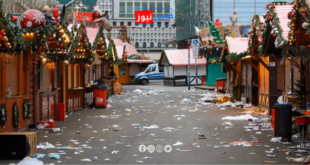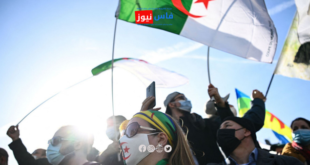In a striking development, the prostitution sector in Paris has undergone a radical transformation from the streets to the digital space, as the Olympic Games hosted by the French capital approach. This change raises new questions and challenges for both authorities and workers in this field.
According to French police statements, the process of ordering sexual services has become similar to ordering a meal online. Agnes, an investigator in the anti-pimping unit, says: “Today, everything is done online. Clients book a room and send a taxi to pick up the girl to the location.”
This digital shift, which now accounts for 80% of prostitution activity, poses new challenges for authorities. Commissioner Virginie Dreesen wonders whether the Olympic Games will see an increase in demand for sexual services, likening it to an “Uberization” of sexual services.
Since 2016, French law has considered sex workers as victims, while punishing clients with fines of up to 1,500 euros. However, rights associations criticize this law, pointing out that it increases the vulnerability of sex workers and exposes them to more violence.
Estimates suggest there are about 40,000 people working in prostitution in France, most of them via the internet. The “Jasmine” program, run by Doctors of the World, recorded more than 46,000 advertisements in one night on one of the specialized websites.
Despite the shift to the internet, prostitution still exists on the streets, especially in certain areas of Paris. As the Olympic Games approach, a decrease in activity has been observed in these areas due to increased security surveillance.
Authorities are questioning the source of supply during the Olympic Games, with expectations of increased demand from visitors with high financial capacity. However, they are counting on difficult access and intensive security presence to deter this activity.
In conclusion, it appears that the prostitution sector in Paris is going through a transitional phase as the Olympic Games approach, posing new challenges for both authorities and workers in this field alike.
 فاس نيوز ميديا جريدة الكترونية جهوية تعنى بشؤون و أخبار جهة فاس مكناس – متجددة على مدار الساعة
فاس نيوز ميديا جريدة الكترونية جهوية تعنى بشؤون و أخبار جهة فاس مكناس – متجددة على مدار الساعة













